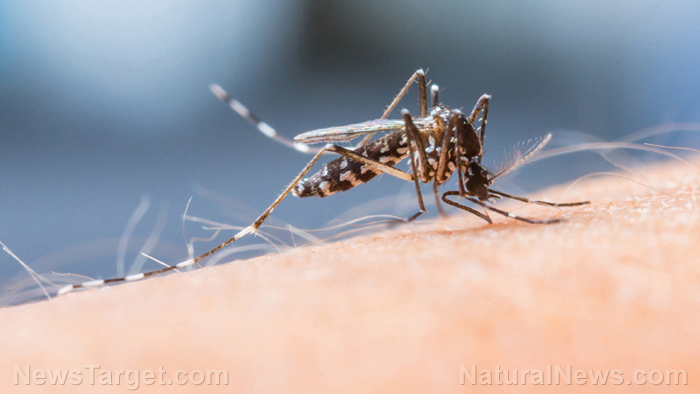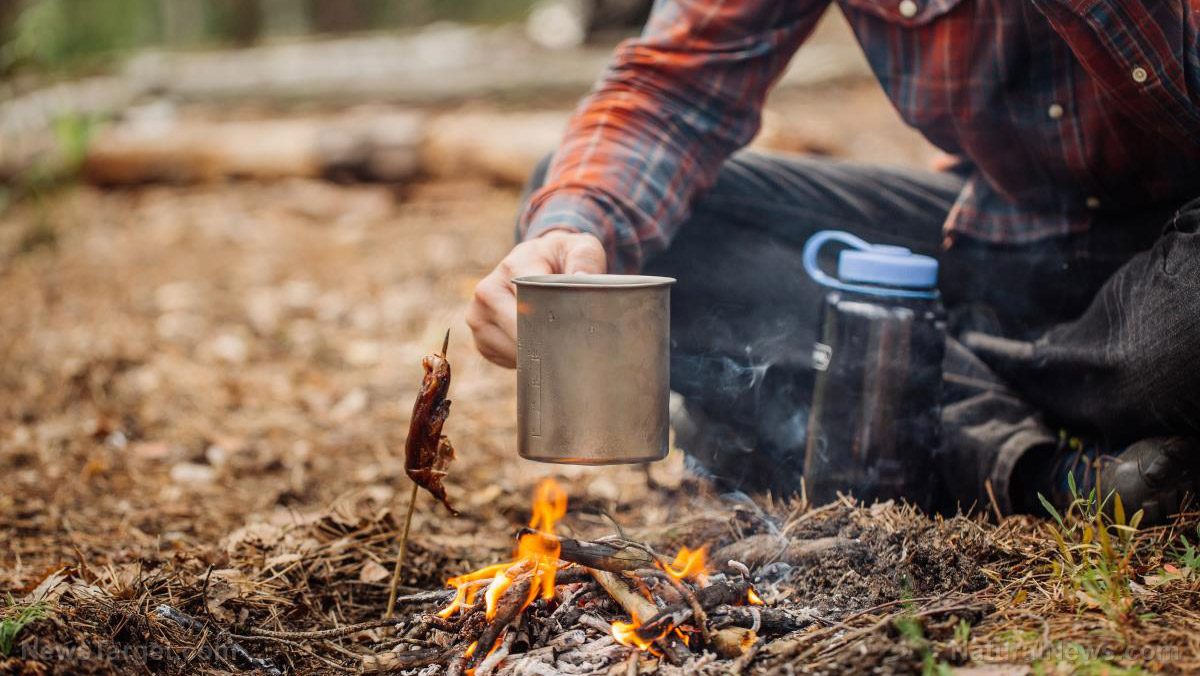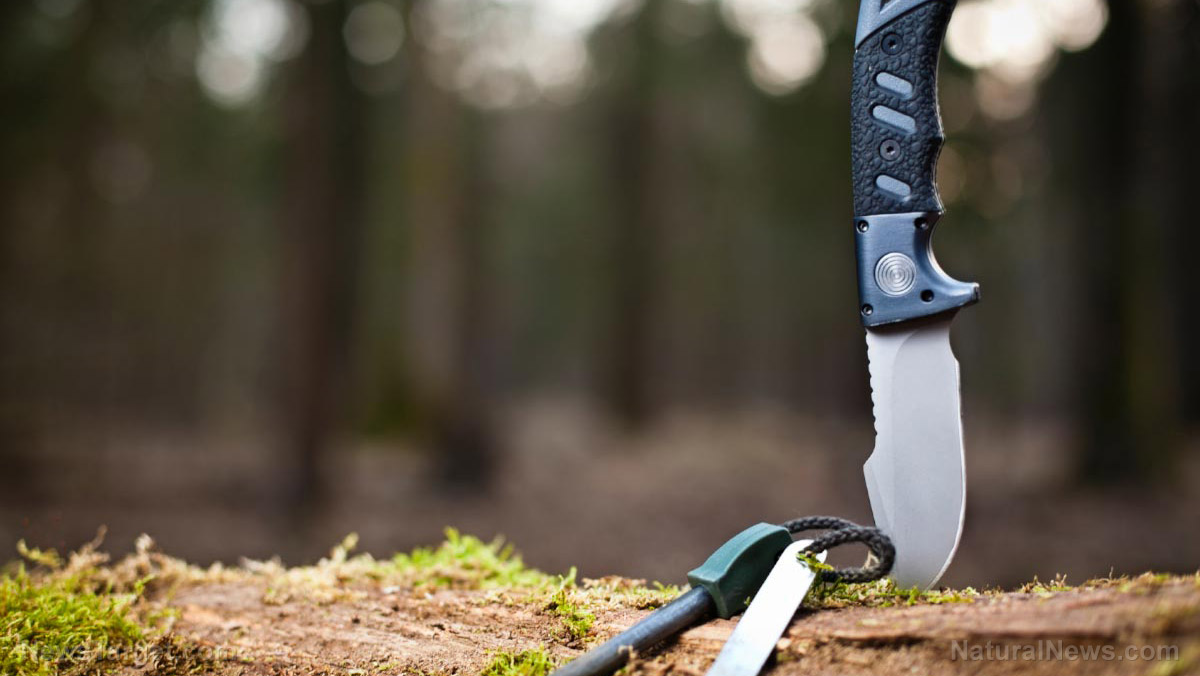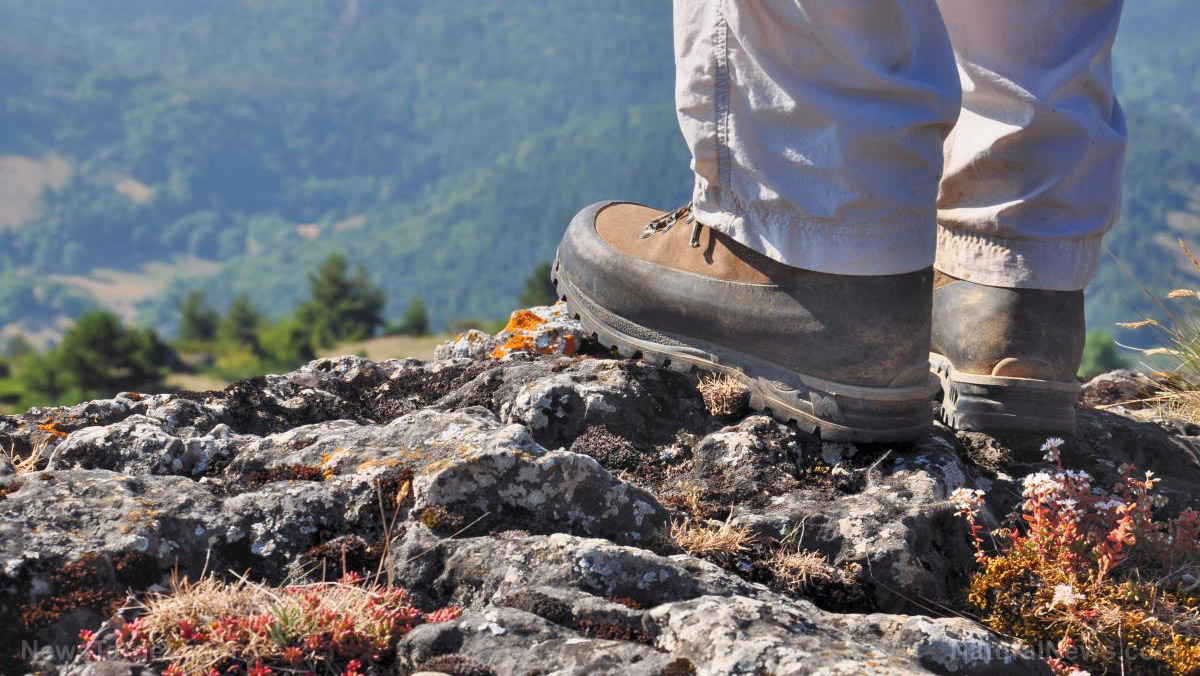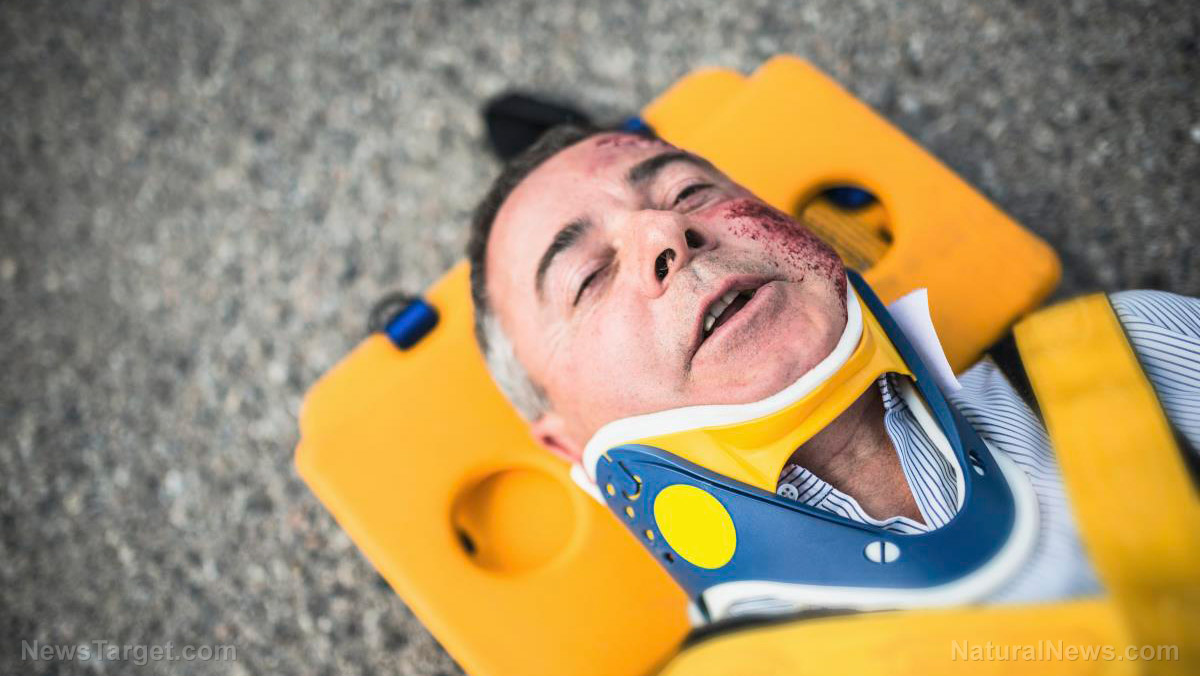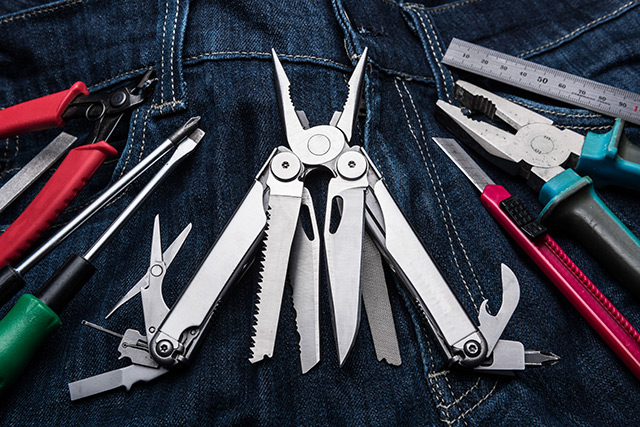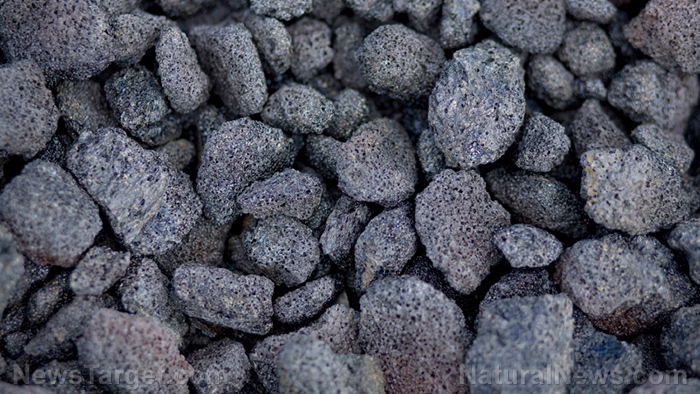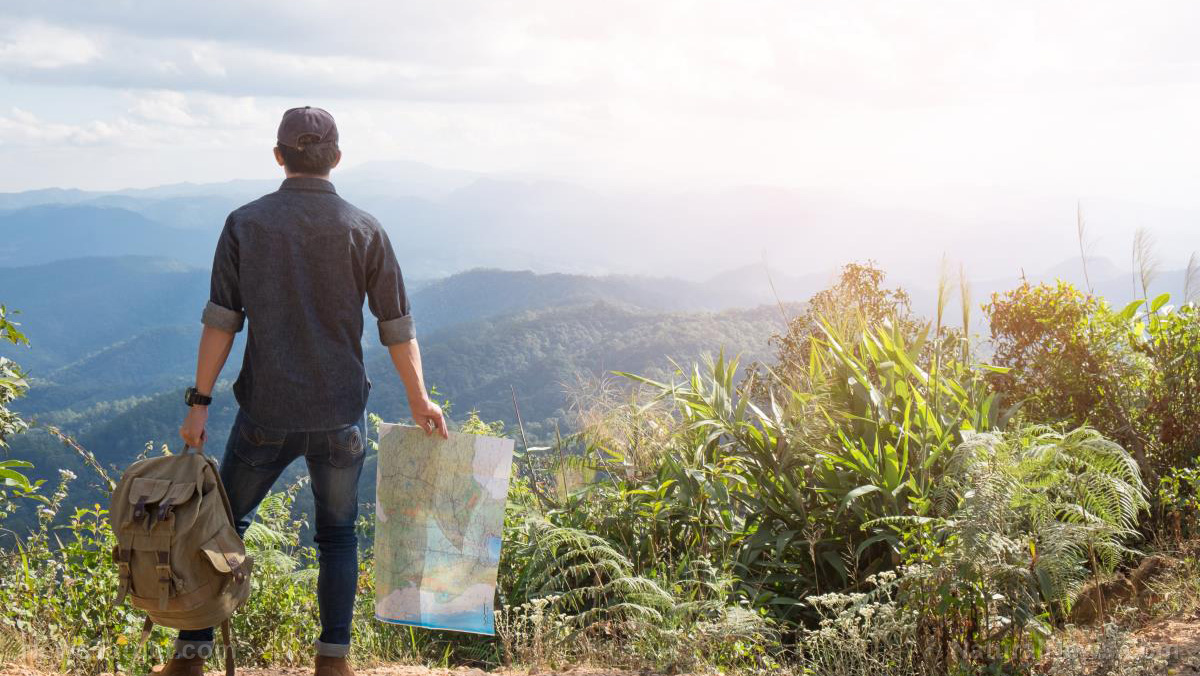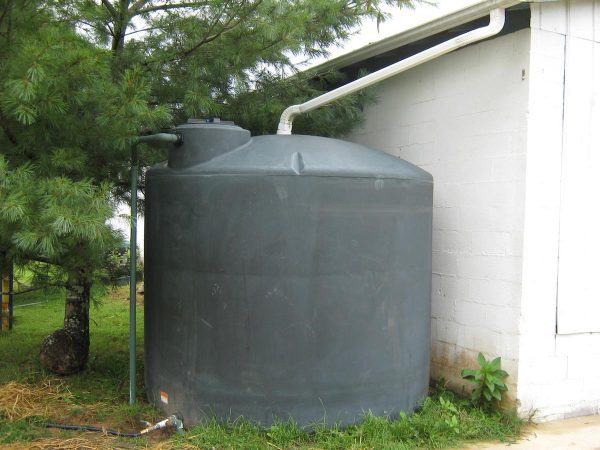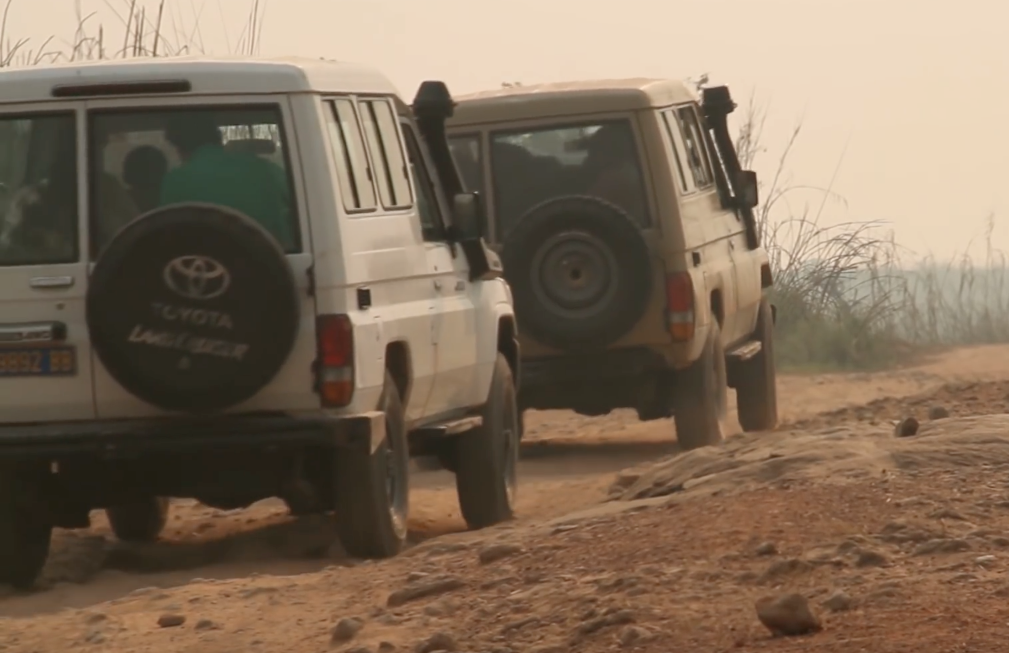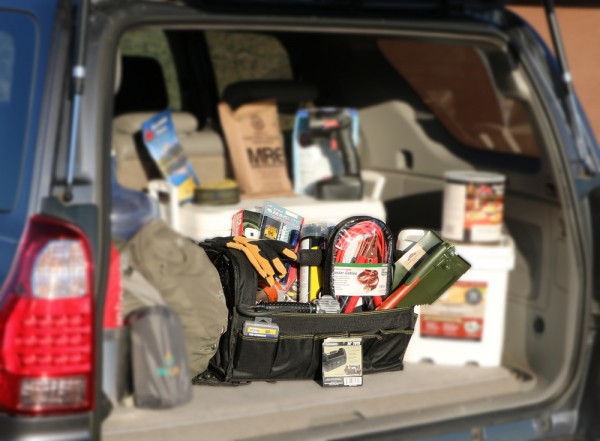While no one knows what life is going to throw at us, it is safe to say that it won’t hurt to be prepared for an emergency, disaster, or SHTF (S**t Hits The Fan) scenario. According to Back Door Survival, some three million Americans, or 1 percent of the total population, are making detailed plans and taking measures to prepare themselves for a major catastrophic event.
Many people still believe governments will step in when disaster strikes. However, when we look back at the horrible scenarios during Katrina and Super-storm Sandy, we know that that isn’t going to happen. Those affected had to wait days for aid or face hour-long lines to get some water. It has become apparent that the government isn’t prepared to handle massive rescue operations, nor can they provide for everybody during a disaster. (RELATED: Read more survival news at Survival.news.)
Whether it’s another economic collapse, natural disaster, or the end of the world, preparing yourself for opportunities so that you can take advantage of them when things turn for the worst are paramount during these uncertain times. As the world continues to spin out of control and people start to lose their confidence in governments it is very likely the number of preppers will grow in the coming years.
Survival of the fittest
Being prepared for an emergency is as simple as planning ahead. However, what many people often forget is that prepping is more than just stocking up on survival essentials. If you are going to take prepping serious, it is also time to start working on your health and fitness level.
Should the worst happen, chances are your life and environment aren’t going to look the same. In a world that has erupted into chaos, life will become more physically demanding. You might have to run, jump, climb, and fight your way through out-of-control situations. However, if you are out of shape or in bad health, chances of surviving out there can be pretty slim.
Fortunately, there are a few simple things you can start doing today to improve your survival skills significantly. Writing for Modern Survival Blog, Ken Jorgustin said that it is time to start dedicating more of our time and resources to our health and fitness rather than concentrating on more survival gear. While we don’t have to become a fighting machine, Ken added that becoming more physically active will not only improve our health now but also benefit us in tumultuous times.
How to stay fit and healthy
When it comes to preventing disease and preparing your body for disaster, diet and regular exercise are the best life insurance you can get. If you’ve been living a sedentary life for years, then you should make healthy changes in your diet and life today. Just like you don’t need to become a fighting machine, you don’t need to become a marathon runner overnight. Start with small changes that are achievable for you and your family.
Make fresh, organic, whole foods a must and motivate yourself, and your family, to exercise regularly to get in shape. Work on your strength and stamina, keeping your own limitations, current physical condition, and interests in mind. Try to find exercise routines that you enjoy. Whether that’s going for a daily walk or swim, riding a bike, or practicing yoga, you are more likely to stay active when you are having fun.
Also, if you cannot commit to 30 to 40 minutes of exercise just yet, do what you can and work toward increasing the time and improving yourself while you get fitter and stronger. Take the bicycle to work if you can or do some exercises while you are sitting at your desk. The key message is to get your body moving as much as you can.
Stay informed about survival gear and off-the-grid living at Gear.news and learn about how to prepare yourself for a disaster at Preparedness.news.
Sources:
ModernSurvivalBlog.com
BackDoorSurvival.com












